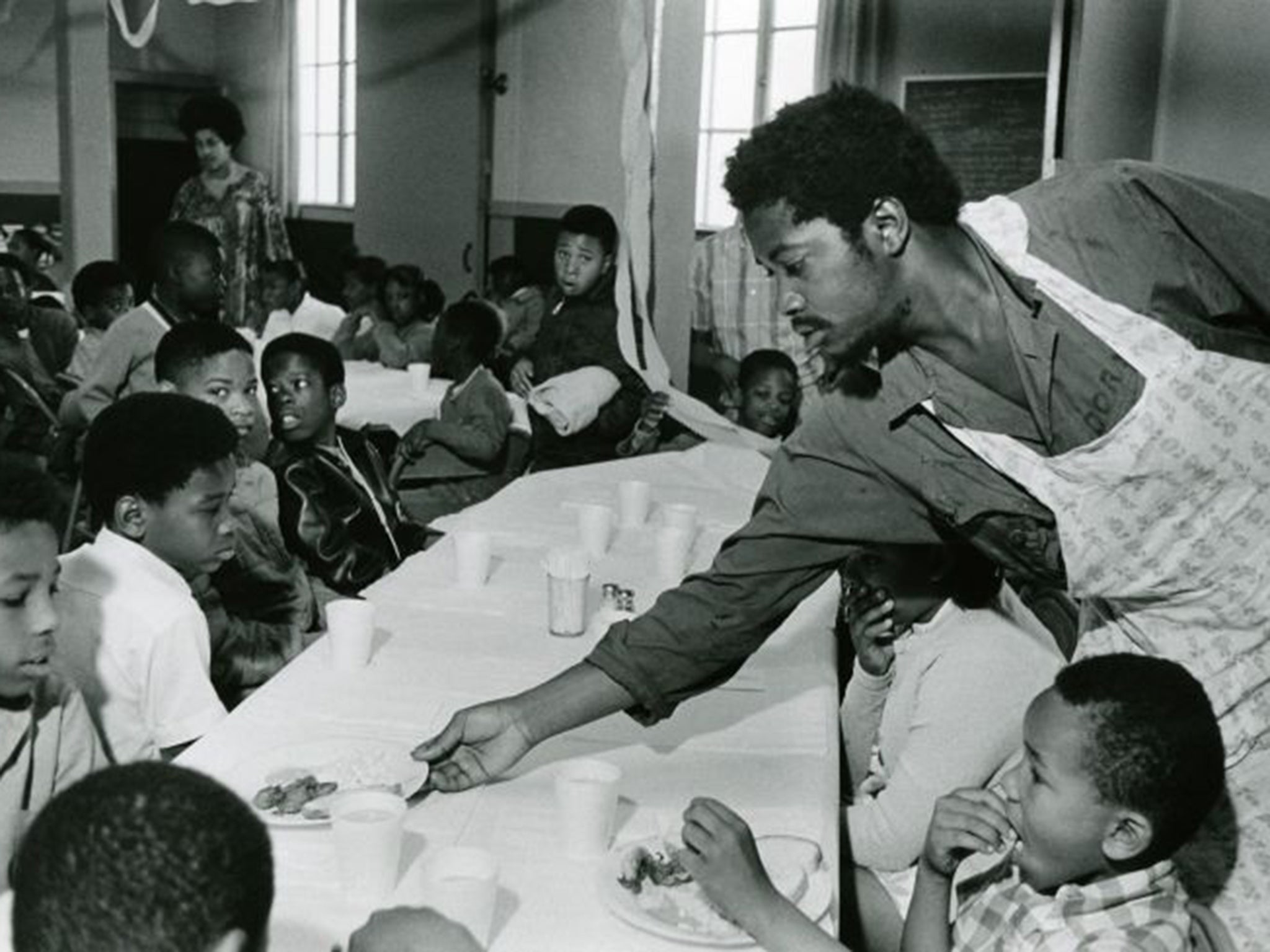The Black Panthers: Vanguard Of The Revolution, film review
(15) Stanley Nelson, 115 mins

Stanley Nelson's thoroughgoing documentary chronicles the rise and fall of the Black Panther party, the gun-carrying movement that fought back against racism and political oppression in 1960s America. Huey Newton and Bobby Seale were founders. The minister of information was the charismatic firebrand Eldridge Cleaver, who could be guaranteed to inflame any given situation. (In newsreel footage, he is shown challenging Ronald Reagan to a duel and jokingly threatening to batter him to death with a marshmallow.) The Panthers were at once a campaigning party and a street movement with real "swag".
For all the machismo of some of its members, with their guns, leather jackets and berets, there were many women in the Panthers. The white liberal media was fascinated by the movement, which epitomised what Tom Wolfe later called "radical chic". However, J Edgar Hoover and the FBI did the utmost to "neutralise" and undermine the party by recruiting informers and spreading misinformation about the organisation. As the documentary makes clear, the Panthers' influence was cultural as well as political. Combining archive footage and present-day interviews, and using music to drive the story, Nelson tells a complicated and often violent story in lithe, inventive fashion.
Join our commenting forum
Join thought-provoking conversations, follow other Independent readers and see their replies
Comments
Bookmark popover
Removed from bookmarks